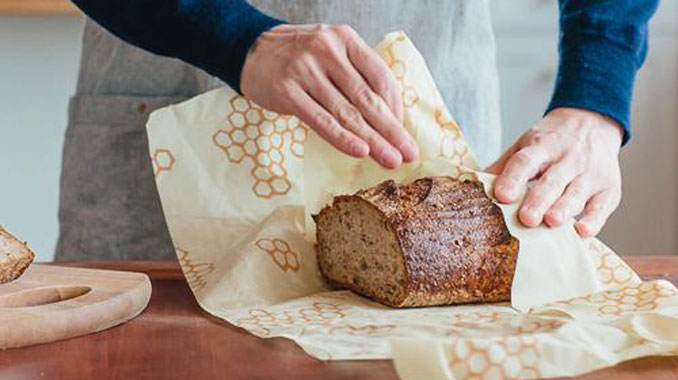
It’s hard to escape plastic in today’s day and age. The petroleum oil byproduct permeates nearly every facet of daily life, from the kitchen stocked with water bottles and food storage bags to the closet hung with synthetic clothing. While states like California are slowly trying to legislate the plastic away, it continues to fill our landfills and pollute our oceans. But even with the best of intentions, it can be overwhelming to overhaul your lifestyle and ditch the plastic. Here are some plastic alternatives that you can use on the daily. We promise you won’t miss the plastic. In fact, you might even like these better.
Bottoms up
Your search to minimizing plastic might turn up some surprising sources: metal cans, for example, are actually lined with plastic to keep them from corroding or contaminating the food or beverage. Ditch the can and opt for a refillable glass growler from one of the county’s great breweries, such as the 64 oz. growler offered at Lodi’s Five Window Beer Co.
Shopping savvy
California lawmakers have done their best to nudge consumers in the right direction by banning single use plastic bags at stores, but when you find yourself in the produce aisle, you might notice that you’re still reaching for a plastic bag for your tomatoes. Instead, try to keep a few smaller cloth bags in the car for your fruits and veggies.
Pack a lunch
Sometimes it’s just a matter of rethinking what types of materials we reach for. Stainless steel food storage containers are easy to rinse and prep for the next day, making them a plastic saver that won’t waste your time. Opt for disposable wooden utensils over plastic and pack a thermos, rather than a water bottle.
Cozy in cotton
Next time you look at those care instructions on your new blouse, take a second to read the materials, too. Synthetic clothes are made of microplastic fibers that new studies have found are making their way from the washing machine to our waterways and even into our food chain as animals drink contaminated water. Try to choose clothes made of natural materials like cotton.
Wrap it up
We always hated cling wrap anyway. Instead, try beeswax-coated cloth for food storage and reuse them up to six months. When you’re done, you can rest assured that these cloths are completely compostable. Throw them in the compost or bury them in the backyard!

